The 2025 Nobel Peace Prize has sparked global debate — and plenty of controversy. The award went to María Corina Machado, the Venezuelan opposition leader recognized for her “tireless fight for democracy.” But behind the praise came political tension, divided opinions, and even frustration inside the White House.
For some, the decision sends a powerful message against authoritarianism in Latin America. For others, it’s a political move — especially after Donald Trump was among those rumored to be in the running for the prize.
Why did the Nobel go to María Corina Machado?
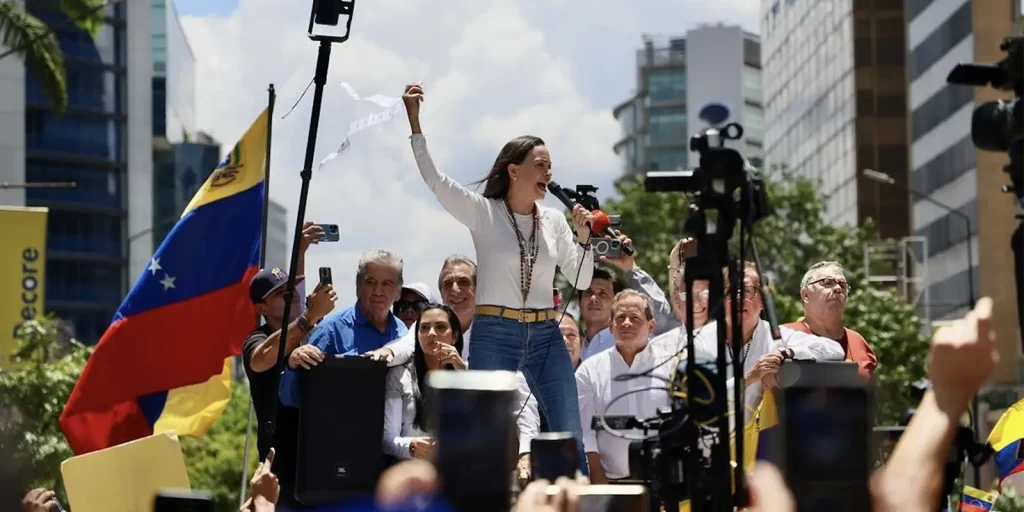
According to the Norwegian Nobel Committee, Machado earned the honor for defending democratic rights in Venezuela and promoting a peaceful transition of power in one of the most repressive regimes in the Western Hemisphere.
Beyond the symbolic message, there were three key reasons behind her selection:
- She unified Venezuela’s fragmented opposition.
After years of internal division, Machado managed to rally various opposition groups under one goal: demanding free and fair elections. - She stood up to the militarization of the state.
For decades, she’s condemned the government’s use of military power to silence dissent, insisting that true change must come “through votes, not bullets.” - She pushed for a democratic transition.
Despite being banned from running in the 2024 election, she endorsed opposition candidate Edmundo González Urrutia, leading massive nationwide mobilizations even amid censorship, arrests, and intimidation.
The committee praised her as someone who “keeps the flame of democracy alive in the face of growing darkness.”
From politics to persecution
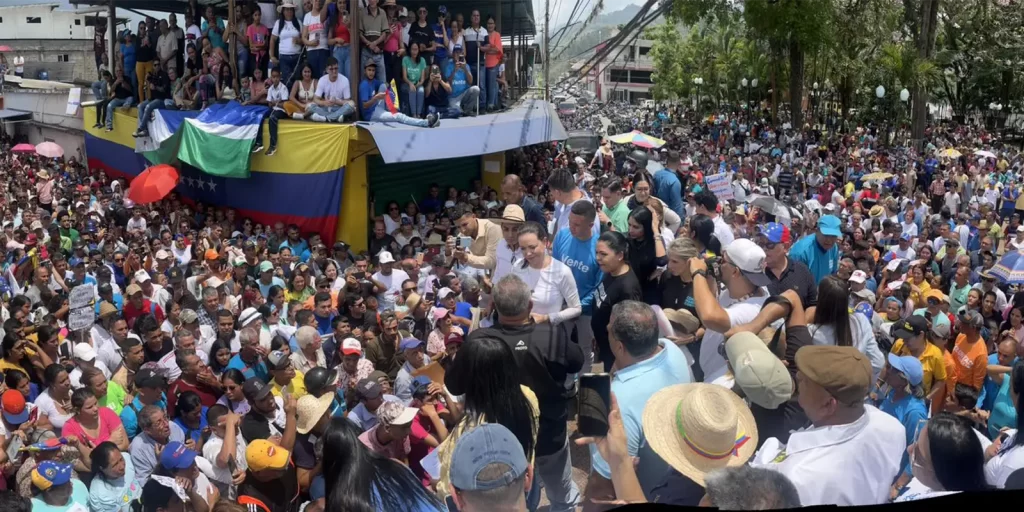
Machado, an engineer and economist, has been active in Venezuela’s civil and political movements since the 1990s. She co-founded Súmate, a civic organization promoting electoral transparency, and was elected to the National Assembly in 2010 — only to be expelled by the government four years later.
Since then, she has faced ongoing persecution and now lives in hiding after denouncing fraud in the 2024 elections. Still, she remains one of the most influential voices in Venezuela’s pro-democracy movement.
The backlash: the White House wasn’t pleased
The award announcement didn’t sit well in Washington. Steven Cheung, Director of Communications for the White House, criticized the decision, calling it “proof that the Nobel Prize prioritizes politics over peace.”
Cheung went on to defend Donald Trump, claiming the former president “continues to broker peace and save lives,” and that “there will never be another leader like him who can move mountains with sheer will.”
Trump himself expressed frustration, insisting that his diplomatic efforts — including in the Middle East — deserved recognition. However, Nobel officials in Oslo had already dismissed his candidacy, stating that his “America First” doctrine was incompatible with the principles established by Alfred Nobel.
A peace prize — or a political message?
The decision to honor María Corina Machado has been read in multiple ways: as a tribute to civic courage, a rebuke of Nicolás Maduro’s regime, and even a political statement by the Nobel Committee about the fragility of democracy worldwide.
One thing is certain: the 2025 Nobel Peace Prize has reignited global debate on the thin line between politics, activism, and diplomacy. And as with every controversial Nobel before it — the reactions are just beginning.


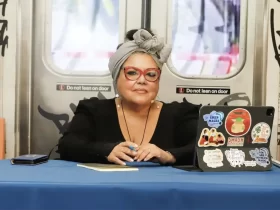


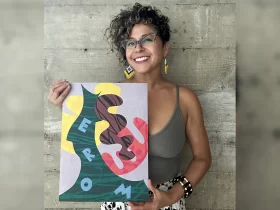
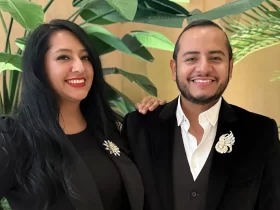
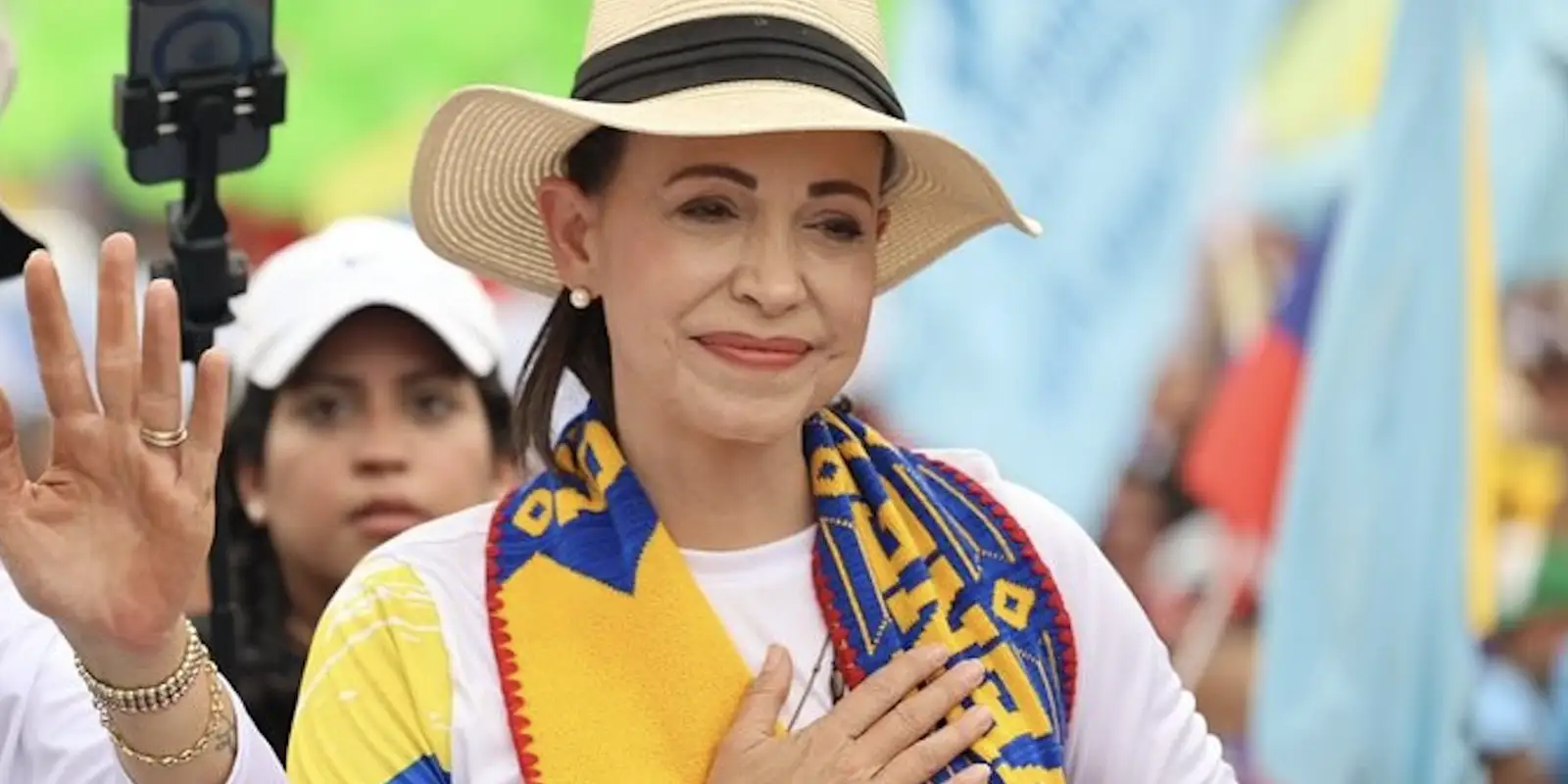




























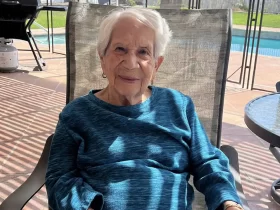
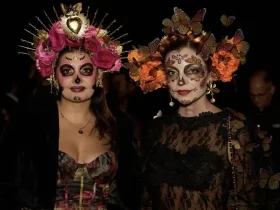
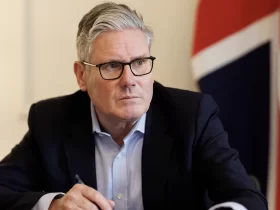
Leave a Reply